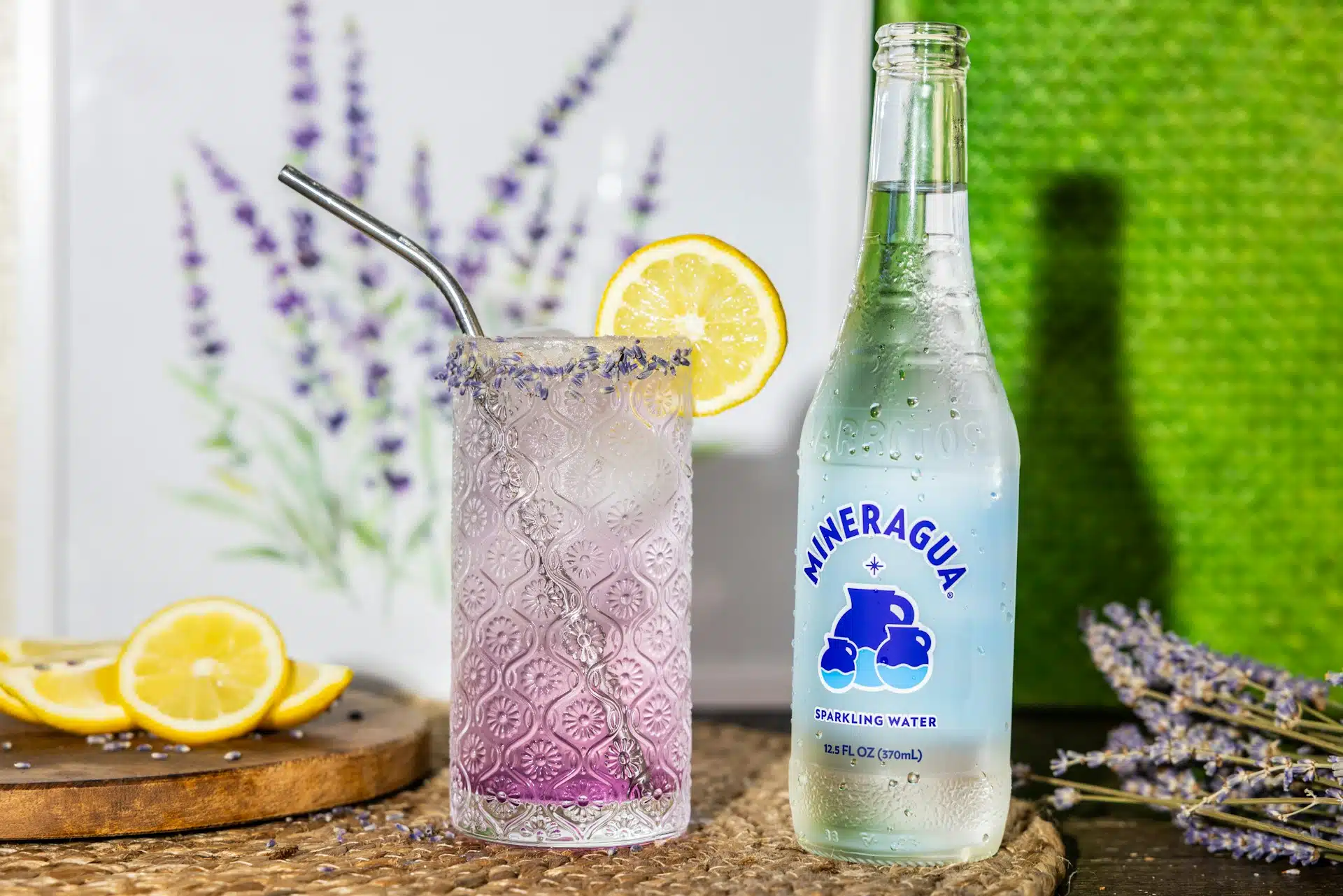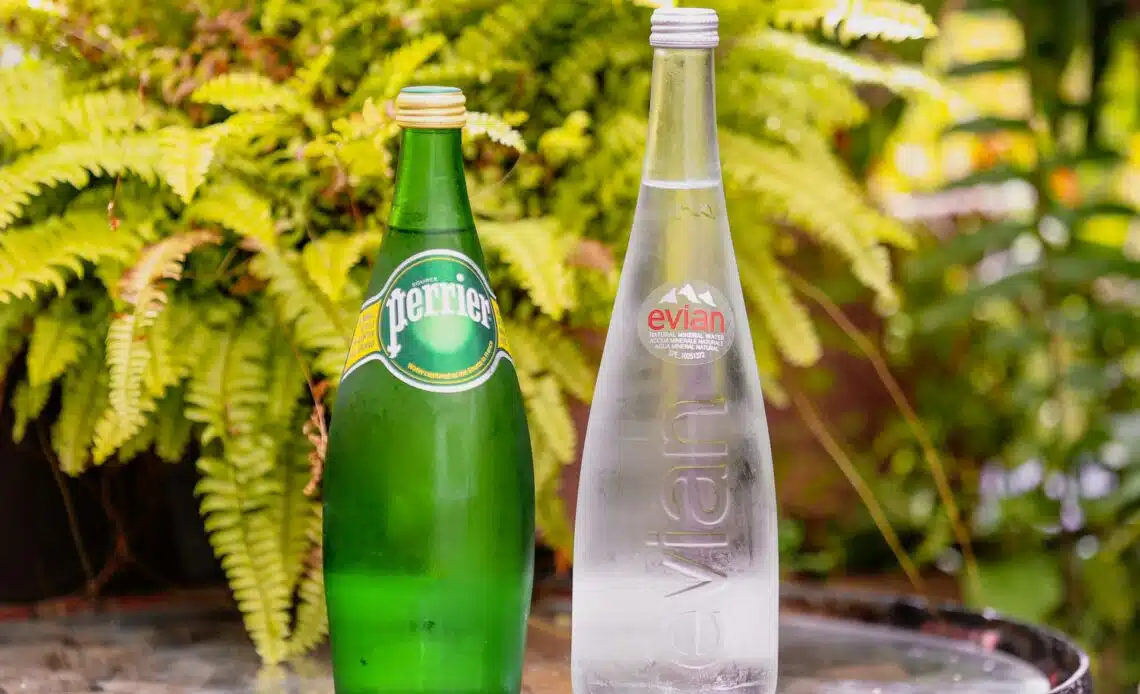Introduction
Sparkling water and mineral water: what’s the difference? This question pops up frequently as more people turn to bubbly beverages for hydration, health, and enjoyment. While both options may look similar on store shelves, the differences in their origins, processing, nutritional content, and benefits make them unique. Understanding these differences can help you make the best choice for your lifestyle—whether you’re seeking a refreshing drink, digestive support, or a healthier alternative to soda. In this article, we’ll break down everything you need to know, from production methods to health impacts, and even practical tips for incorporating each into your daily routine.
What Is Sparkling Water?
Definition and Production
Sparkling water, sometimes called carbonated water, is regular water infused with carbon dioxide gas under pressure. This process creates the familiar bubbles that give sparkling water its effervescent quality.
- Artificial carbonation: Most sparkling waters are artificially carbonated.
- Neutral flavor: Sparkling water is often free of minerals, unless added for taste.
- Flavored options: Many brands offer naturally flavored sparkling waters without sugar or calories.
Benefits of Sparkling Water
- Provides a refreshing alternative to soda.
- Hydrates just as effectively as still water.
- Can reduce cravings for sugary drinks.
- May aid digestion and reduce feelings of bloating.
What Is Mineral Water?
Natural Origins
Mineral water comes from natural underground reservoirs and springs. Unlike sparkling water, mineral water naturally contains essential minerals such as calcium, magnesium, potassium, and sodium.
Carbonation
- Naturally carbonated: Some mineral waters are naturally sparkling due to underground gases.
- Still or sparkling: Mineral water can be sold flat or carbonated.
Benefits of Mineral Water
- Provides essential minerals for bone, muscle, and heart health.
- May help with hydration balance and electrolyte replenishment.
- Tends to have a richer taste compared to plain sparkling water.
Sparkling Water and Mineral Water: Key Differences
Source
- Sparkling water: Regular water with added carbonation.
- Mineral water: Comes from underground springs with naturally occurring minerals.
Nutritional Value
- Sparkling water: Usually contains no minerals unless added.
- Mineral water: Rich in naturally occurring minerals that provide health benefits.
Taste
- Sparkling water: Clean, neutral taste, sometimes flavored.
- Mineral water: Slightly salty, earthy, or unique taste depending on mineral content.
Health Benefits
- Sparkling water: Hydration, reduced soda intake, possible digestion support.
- Mineral water: Adds minerals to diet, supports hydration and electrolyte balance.

Step-by-Step Guide: How to Choose Between Sparkling Water and Mineral Water
Step 1: Check Your Goals
- If hydration is your only goal → Sparkling water works fine.
- If you want added minerals → Choose mineral water.
Step 2: Consider Your Health Needs
- For bone and muscle support, opt for mineral water with calcium and magnesium.
- For reducing soda cravings, flavored sparkling water may be ideal.
Step 3: Read the Labels
- Look for natural mineral content on mineral water bottles.
- For sparkling water, check if it contains added sugars or artificial ingredients.
Step 4: Taste Preferences
- If you prefer neutral or fruity flavors, go for sparkling water.
- If you enjoy unique earthy or salty notes, mineral water is your best pick.
Step 5: Budget and Availability
- Sparkling water is generally more affordable and widely available.
- Mineral water can be more expensive due to natural sourcing.
Practical Tips for Enjoying Sparkling Water and Mineral Water
- Add fresh fruit slices like lemon, cucumber, or berries for a boost of flavor.
- Use mineral water after workouts to replenish electrolytes.
- Replace soda with flavored sparkling water to cut sugar intake.
- Pair mineral water with meals for a gourmet dining experience.
- Experiment with cocktails or mocktails using either type as a base.
FAQs About Sparkling Water and Mineral Water
1. Is sparkling water as hydrating as regular water?
Yes, sparkling water hydrates just as effectively as still water. The carbonation doesn’t reduce hydration levels.
2. Does mineral water really have health benefits?
Yes, mineral water naturally contains calcium, magnesium, and potassium, which support bone, muscle, and heart health.
3. Can sparkling water replace soda?
Absolutely. Flavored sparkling water offers the fizz of soda without added sugars or artificial sweeteners, making it a healthier alternative.
4. Is mineral water safe to drink every day?
Yes, mineral water is safe for daily consumption and can even contribute to your daily mineral intake. However, those on low-sodium diets should check labels.
5. Which is better for digestion—sparkling or mineral water?
Sparkling water can ease bloating for some people, while mineral water may improve digestion due to its natural mineral content. The choice depends on your body’s response.
6. Is sparkling water bad for your teeth?
Sparkling water is slightly more acidic than still water, but it’s far less harmful than soda. To minimize risk, avoid flavored versions with added sugars.
Conclusion
The question of sparkling water and mineral water: what’s the difference? comes down to their source, mineral content, and taste. Sparkling water is carbonated for refreshment and variety, while mineral water offers natural minerals that contribute to your health. Both are excellent choices for hydration and can easily replace sugary beverages in your lifestyle.






